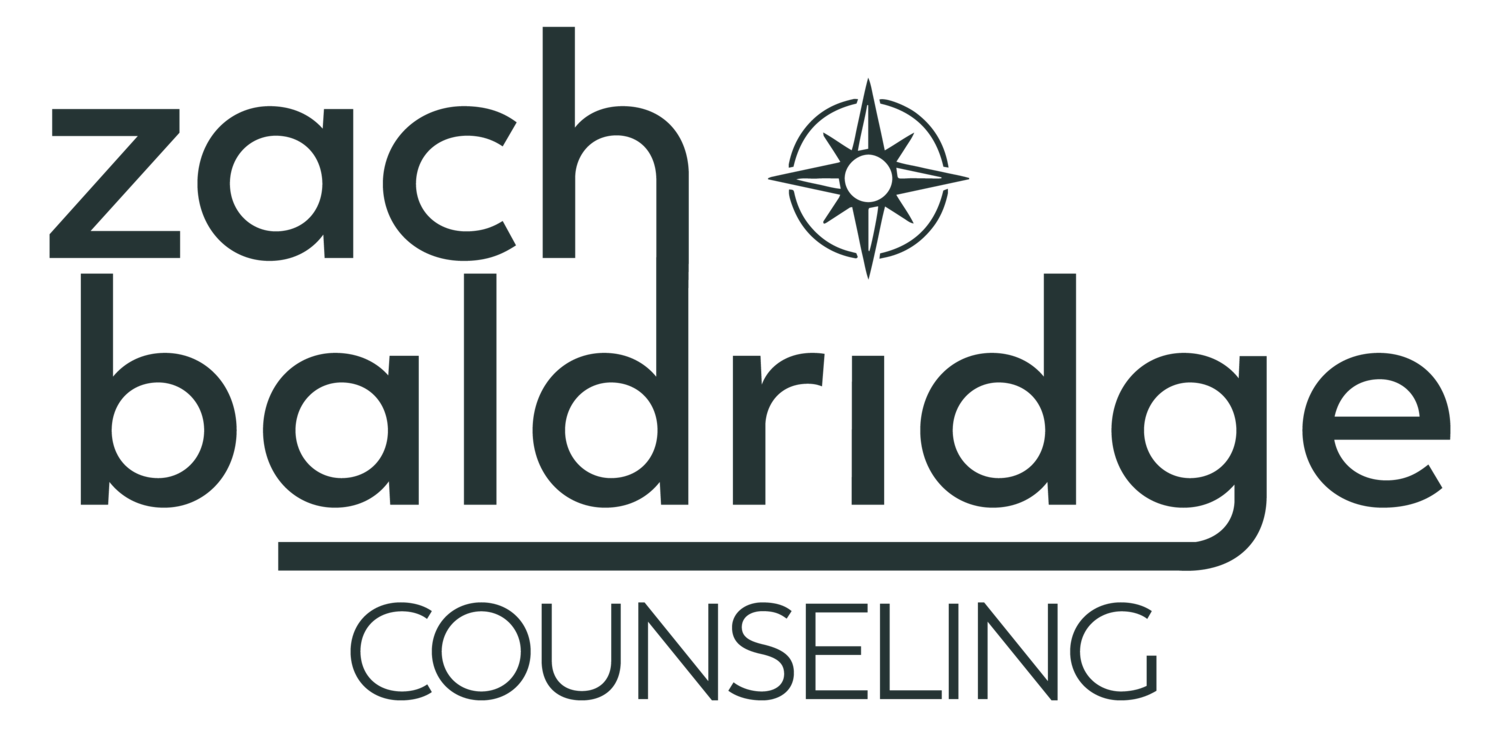How Martial Arts Can Improve Your State of Mind: 4 Benefits to Mental Health
When you watch someone who practices martial arts, what do you see?
Is it someone who is showing off some cool moves or a person who is more likely to use their fists than talk?
Or do you see someone who is disciplined, focused, and in tune with their body?
Marital arts such as Muay Thai (my personal favorite) and other traditions have existed for centuries. Their longevity is not simply due to learning how to “fight.” Rather, it is these other attributes that make martial arts a practice that can help you live a healthy life.
For example, consider four ways that martial arts benefit your mental health.
1. Physically Intense Activity
First, there’s no doubt that practicing martial arts is physically intense. However, that’s a good thing if you are struggling with a mental health issue. Exercise has been shown to have positive benefits for mental health. When you work out, you release hormones that affect your mood, such as adrenaline, serotonin, and dopamine.
These hormones affect us in so many ways, including how we feel both short term and long term. After finishing an exercise session, most people report feeling more positive and less stressed.
When you work out, you feel better. You might be exhausted, but the neurochemical impact on your mental health lasts long after the workout. Sometimes (or a lot of the time!) exercise is the last thing that we want to do, but if we can get through that workout we usually feel much better, maybe even grateful that you did it!
2. Mastering New Skills
An important aspect of martial arts is learning and mastering new skills. Each movement requires practice in order to be executed just right. It takes determination to perfect a roundhouse kick or to control your breathing when you are feeling exhausted.
When you are able to perform a skill, you feel better about yourself. And you experience that inner glow of confidence.
With mental health issues, such as depression, it can be difficult to feel good about anything. You may believe that you are not capable, or even that you are worthless. But with martial arts, you counter that negative narrative inside your mind. Instead of feeling incapable, you prove to yourself that you can do this over and over again.
3. Focus and Discipline
Martial arts is often thought of as a “practice” rather than a sport. It requires focus and discipline in order to execute the moves in a martial arts tradition, which means:
Showing up consistently for training.
Practicing individual aspects of a movement until they are intuitive.
Being willing to fail, and then get back up and try again.
These qualities are so important if you are struggling with a mental health problem.
Martial arts provide a way to keep you grounded and centered, even when struggling with mental or emotional issues. That helps make martial arts a positive coping tool; a way to keep you away from other, more negative coping methods such as drugs or alcohol.
4. Finding Community
All too often people with mental health concerns feel alone. There is very much a stigma around psychological or emotional issues, which is very isolating.
However, martial arts offers community and belonging. When you attend practice, you are with other like-minded people. They might be there for different reasons, such as to get fit or learn a particular fighting style. Yet, they are all there to learn and grow as individuals too.
This community of learning can be extremely valuable for those who think they are alone. The reality is that they, too, belong.
Applying Lessons Learned in Practice in the Real World
With any martial arts style, the lessons that you learn in training can apply in the real world. One, in particular, is very helpful. It’s the idea that if you can meet a challenge and overcome it at practice, what else can you accomplish?
For example, you practice for months on a new skill. It may be tough. Yet, in the end, you master it. If you can do that, then there might be more things in your control than you realized.
—
Martial arts are a powerful way that you can promote a positive state of mind. The benefits to your mental health are both physical and psychological.
However, if you struggle with anxiety, depression, or other mental and emotional health problems, you may also want to seek the support of a professional counselor. Please don’t hesitate to reach out to me to learn more about individual counseling.


